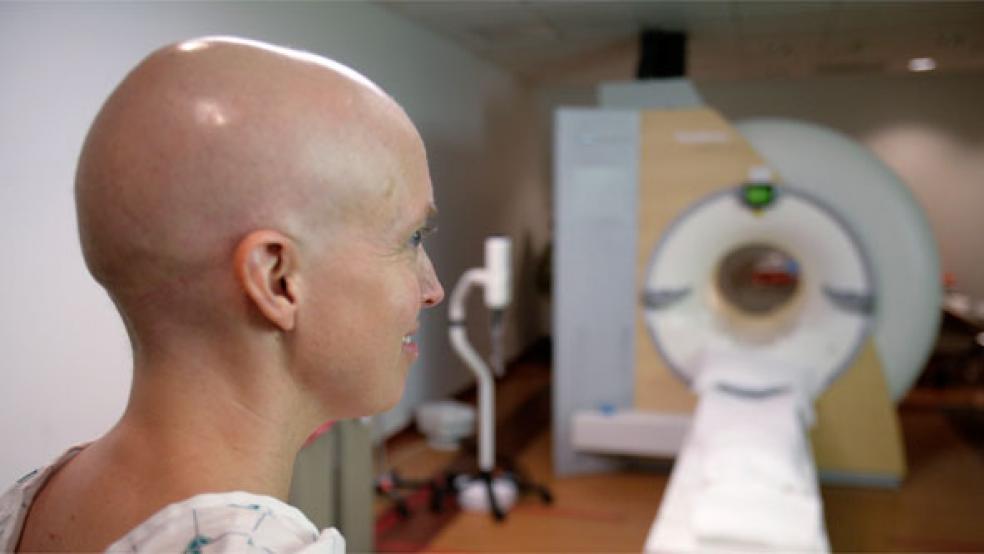Cancer remains the second leading cause of death in the United States, killing more than 600,000 people a year. But cancer deaths in the U.S. are declining at an accelerated rate as the result of improvements in prevention, detection, diagnosis and treatment, according to an annual report from the American Association for Cancer Research.
Cancer deaths fell by 2.3% a year between 2016 and 2019, the report says, and between 1991 and 2019 the age-adjusted overall cancer death rate dropped by 32% — which translates to nearly 3.5 million deaths avoided. Overall death rates among children and adolescents with cancer have fallen by more than half since 1970.
“The steady decline in the overall cancer death rate can be attributed mainly to the unprecedented progress against lung, colorectal, breast, and prostate cancer, the four most common cancer types in the United States,” the report says.
There are now more than 18 million cancer survivors in the country, or about 5.4% of the population, up from 3 million, or 1.4% of the population, in 1971.
The cost of cancer care: The direct medical costs of cancer care in the United States were estimated to be $183 billion a of 2015, the last year for which data are available, according to the report. The cost of care for the 15 most prevalent cancers among privately insured patients under age 65 totaled an estimated $156 billion in 2018. Direct medical costs are projected to rise to $246 billion by 2030. “These numbers do not include the indirect costs of lost productivity due to cancer-related morbidity and mortality, which are also extremely high,” the report notes.
The bottom line: The last decade has seen “unprecedented progress” against cancer, the report says.
“Thanks to the bipartisan leadership in Congress that has delivered steady, significant annual funding increases for NIH in recent years, we have never been in a better position to take lifesaving cancer science from the bench to the clinic,” Dr. Margaret Foti, chief executive officer of the American Association for Cancer Research, said in a statement. “Ensuring that medical research remains a high priority for our nation’s policy makers is vital if we are to maintain the momentum in advances against cancer, especially as we recover from the devastating impact of COVID-19 on cancer research and patient care.”





